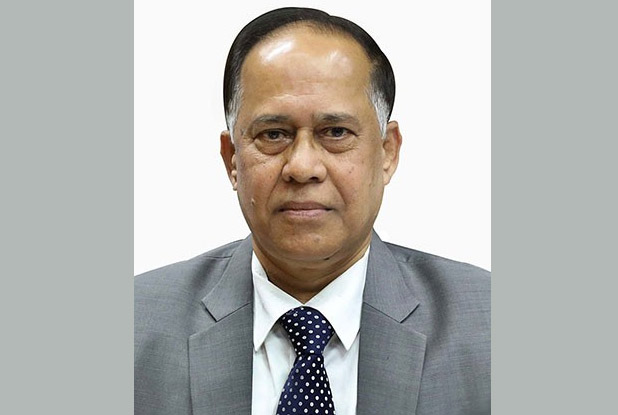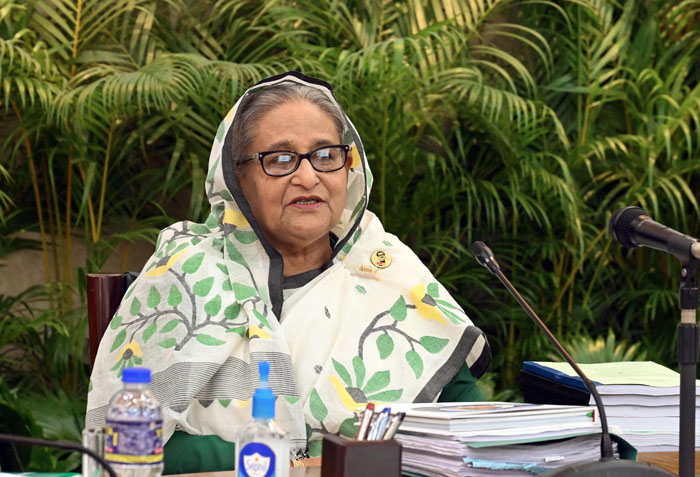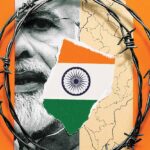 Moon Moon Desk: A report by the Free Speech Collective on the state of freedom of expression in five Indian states (Chhattisgarh, Madhya Pradesh, Mizoram, Rajasthan and Telangana) that go to polls in November 2023 show concerning revelations.
Moon Moon Desk: A report by the Free Speech Collective on the state of freedom of expression in five Indian states (Chhattisgarh, Madhya Pradesh, Mizoram, Rajasthan and Telangana) that go to polls in November 2023 show concerning revelations.
The recent report by the Free Speech Collective sheds light on the challenges faced by journalists, RTI activists, and citizens in Chhattisgarh, Madhya Pradesh, Mizoram, Rajasthan, and Telangana. The polls that are underway from November 07, with each state having its own set of issues, but the common thread remains a growing clampdown on dissent and free speech.
Over the past five years, these states have witnessed the harassment, arrest, and even killing of journalists and RTI activists who dared to expose corruption, question authorities, or report on contentious issues. Censorship, whether driven by government policies or through legal actions, has played a significant role in stifling journalism in these regions. Journalists have found themselves slapped with cases ranging from sedition to defamation, leading to an atmosphere of fear and self-censorship.
One stark example of the chilling effect on journalism is the case of Jaalam Singh, a reporter who has been incarcerated for over two months and charged with seven FIRs in Guna and Shivpuri districts of Madhya Pradesh, the report said. His arrest has sent shockwaves through the journalistic community, resulting in self-censorship and a lack of critical questioning that is essential for investigative journalism.
Suman Kirar, the wife of Jaalam Singh, expressed her disappointment and was quoted as saying, “Instead of questioning and protesting the arrest of a colleague, all these ‘positive’ stories are being published. A journalist who refused to take money or remain silent is still in jail.”The COVID-19 pandemic further complicated the media landscape, with lockdowns affecting the publishing of print media in Madhya Pradesh. Journalists faced additional challenges in covering the pandemic, with instances of heavy-handed policing, such as the bulldozing of a journalist’s residence in Telangana for reporting on violations of lockdown rules.
In Chhattisgarh, despite offering financial assistance to dependents of media persons who lost their lives to COVID-19, journalists faced multiple legal charges for their reporting on issues like sand mining and local corruption.
Internet shutdowns have also become commonplace, despite guidelines set by the Supreme Court of India. Rajasthan, among the five states under review, experienced internet shutdowns on 72 occasions, primarily during protests.
In Mizoram, access to information has been restricted by the government and border security forces, hindering news coverage in border areas. The state shares a border with Manipur and has shown solidarity with the Kuki-Zo community amidst the ongoing conflict in Manipur, even in defiance of the Union home ministry’s orders.







